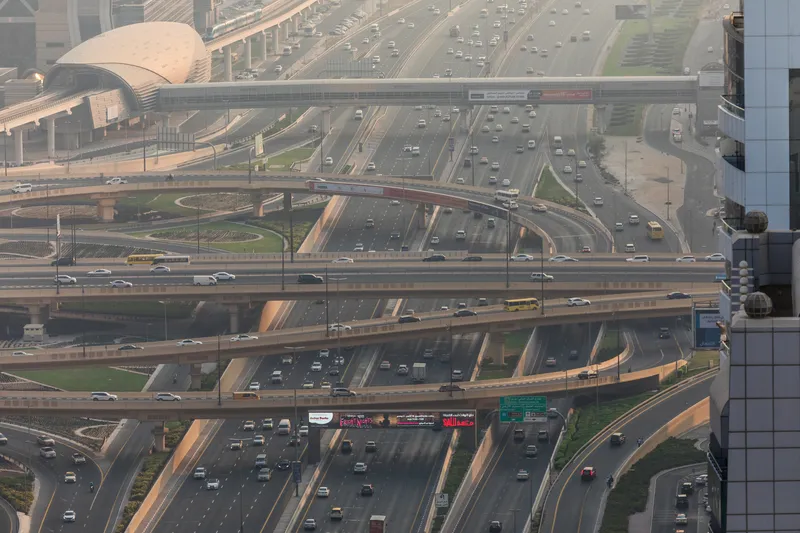Dubai’s Roads and Transport Authority (RTA) has installed around 2,000
Nedap’s smart parking sensors combine magnetic and infrared detection to enhance vehicle detection accuracy and provide real-time indication if a bay is empty or occupied. The company’s Sensit smart parking platform has been implemented and provides real-time information about individual parking spaces including the duration of parking events.
The number of available on- and off-street public parking spaces in the Al-Rigga area is then displayed in Arabic and English on dynamic message signs and the RTA’s smart phone app (which can also be used to pay for parking).
Nedap sensors inform Dubai’s smart parking project
Dubai’s Roads and Transport Authority (RTA) has installed around 2,000 Nedap sensors as part of its Smart Parking Project covering controlled parking at Al-Rigga and the World Trade Center areas.
Nedap’s smart parking sensors combine magnetic and infrared detection to enhance vehicle detection accuracy and provide real-time indication if a bay is empty or occupied. The company’s Sensit smart parking platform has been implemented and provides real-time information about individual parking spaces including
November 16, 2017
Read time: 1 min










